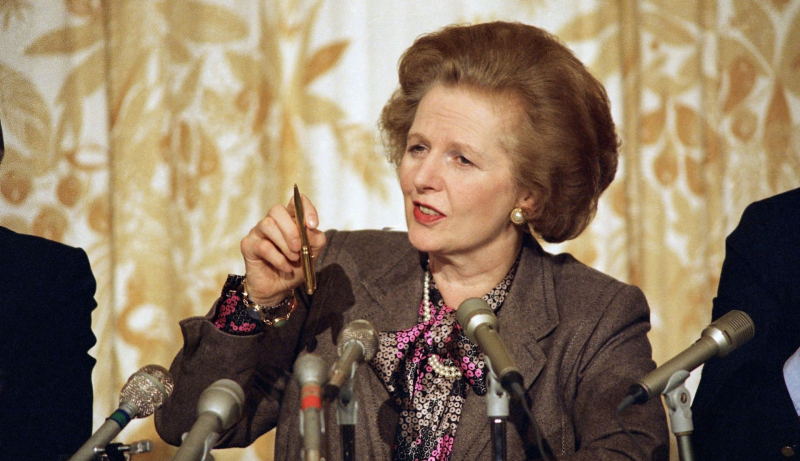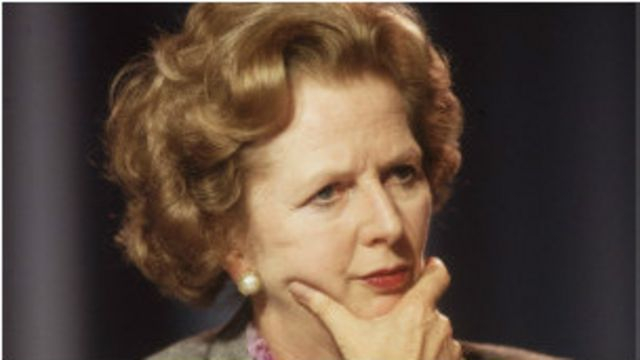Margaret Thatcher
The second child of a grocer and a dressmaker, Margaret Thatcher was the first woman to be elected prime minister in the history of Europe. She later became the first British Prime Minister to serve three consecutive terms in the 20th century. She served as prime minister of Britain for the longest period of time since 1827 until she resigned in 1990. Some people view her as a true political revolutionary since she expanded the support of the Conservative Party to include both the affluent aristocracy and the middle class.
Thatcher was elected to the Parliament in the 1959 elections. She quickly rose to prominence among other lawmakers as a result of her debating prowess. She rose to the position of Conservative Party leader in 1974. Thatcher was elected prime minister in 1979 after the Conservatives won the elections handily. She reduced governmental power while serving as prime minister, increasing people's independence from the state and putting an end to governmental meddling in the economy. Thatcher's strong control over her cabinet and the nation's economic policy earned her the nickname "the Iron Lady."
Thatcher resumed the "Thatcher revolution" during her third term by putting private enterprise back in charge of the sectors of housing, healthcare, and education. In 1990, Margaret Thatcher gave her notice of resignation. Margaret Thatcher is unquestionably a notable figure in British politics. Political analysts claim that she brought about reforms in British society and government that had been long overdue.














